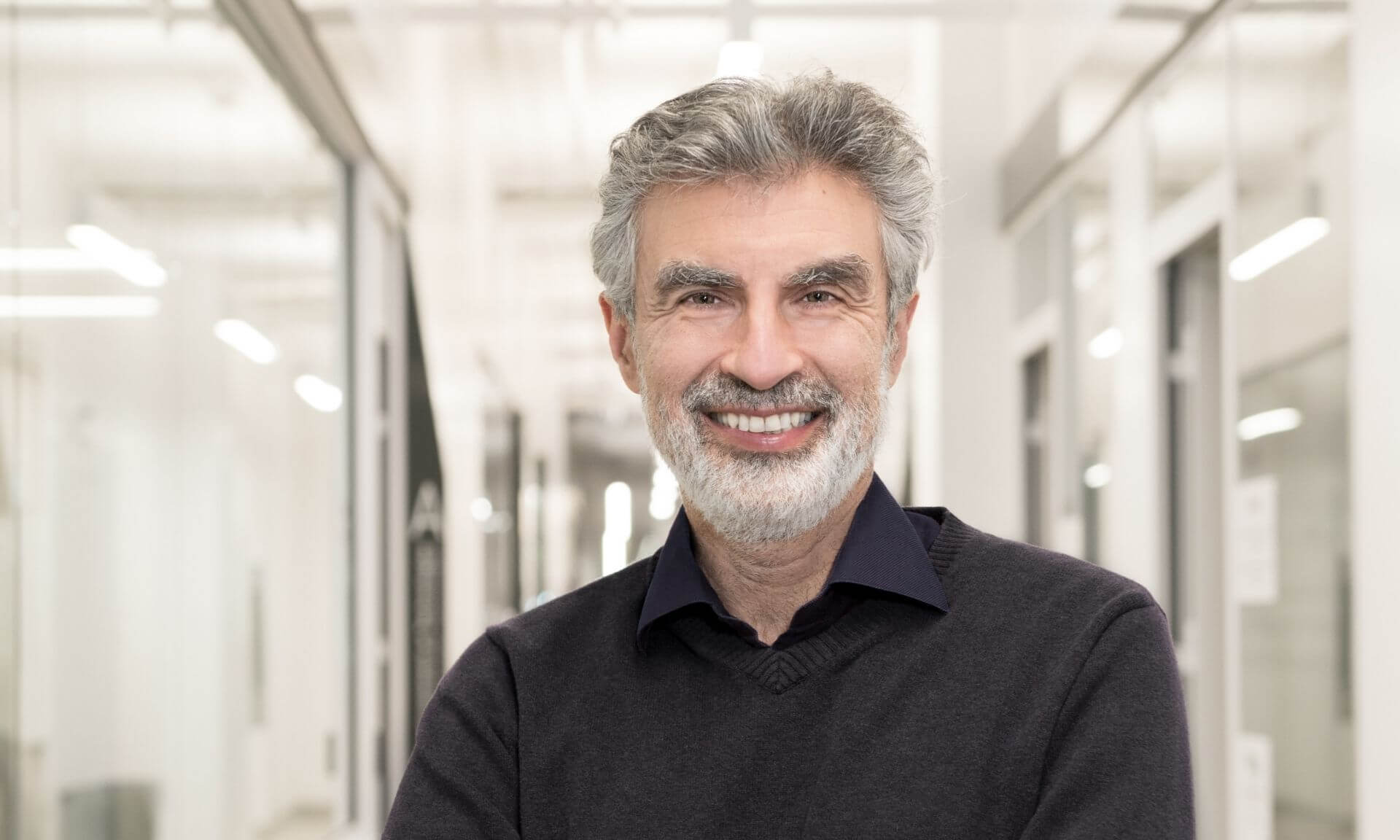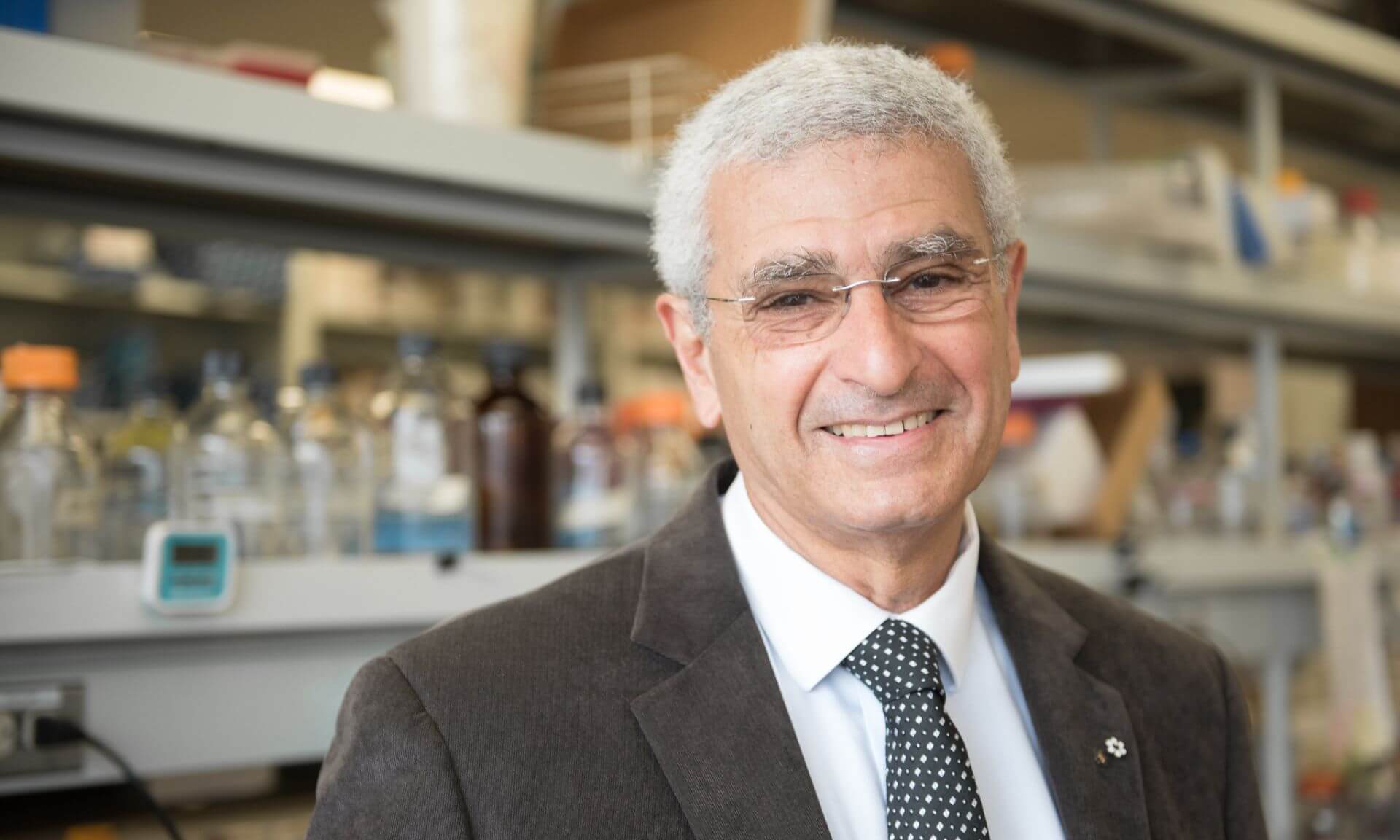Archiving the unarchivable

“People tend to see archives as being arid and frozen in the past," says Annaëlle Winand, a new professor of archival studies in Université de Montréal’s School of Library and Information Sciences (EBSI).
"And yet," she adds, "archives are constantly evolving and reflect both our past and future. They bring people together and stir emotions. They’re also profoundly political.”
In her research, Winard focuses on archival blind spots, alternative archives and community archives. Growing up in Belgium, she had wildly different interests: she dreamed of becoming an archeologist, but also wanted to run an ice cream shop.
Eventually turning to history, she wound up studying the rise of fascism and resistance movements.
“I was fascinated by the subject," she recalls, "not just as a study of the past, but as a study of the current impact, the political and ethical implications of what happened and what they can teach us about living in society.”
As a young graduate in her homeland, Winard taught high-school history before deciding to return to her studies. Having spent many happy hours in archives and libraries, exploring how and with what materials history is made, she enrolled in a master’s program in archival studies at UC Louvain.
She went on to become an archivist at her alma mater while moonlighting as a freelance film critic, writing for magazines and websites such as Kweb, DesperateZombie and SinistreMagazine.
Falling for Montreal
Winand landed in Montreal somewhat by accident. Having flown across the globe to work in vineyards in Australia and New Zealand, she discovered a love of travel and bought a ticket to Vancouver. Touring Canada, she fell in love with Montreal and started looking for a job as an archivist here.
“When I arrived in Montreal, one of the things I discovered that fascinated me was the experimental film scene,” she recalls. “The city has several experimental and arthouse film festivals and distributors.” Winand was a fan and quickly got involved, becoming a programmer for the Montreal Underground Festival and later, for Groupe intervention vidéo.
Friends noticed her love of learning and encouraged her to pursue further studies. That’s when she thought of combining her two main interests: archives and film.
“I’d seen a lot of movies that used archival footage and realized that it was discussed quite a bit in the film world, but not really in archival studies," she recalls.
Supervised by Yvon Lemay, a professor at EBSI, and André Habib, a professor in UdeM’s Department of Art History and Film Studies, Winand wrote her doctoral thesis at EBSI on the use of archives in experimental film, and graduated with distinction.
Seeing archives through the eyes of others
Studying what historians, journalists, filmmakers and other non-archivists have to say about the use of archives led to some fascinating discoveries. For example, she discovered there are filmmakers who work with decomposed film.
“As an archivist, the last thing you want is for a film to decompose,” she notes. “If that happens, it means you haven’t done your job. You need to do everything you can to halt the process. But filmmakers will say: ‘Look at these images that are breaking down. What does that tell us about time? About objects? What’s the aesthetic effect of seeing these films in a state of decomposition?’”
For a lot of people, archives are synonymous with government institutions such as the BAnQ, Quebec’s national library. And yet, “nearly 80 per cent of the province’s archival landscape is made up of other types of archives: private archives, religious archives, community archives, archives in health centres, schools, and so on,” Winand points out.
Though other centres hold other types of records, such as revolutionary archives, "these archives aren’t conserved by major institutions,” she adds. “They’re often kept for political or community reasons, by people who see it as their duty to remember.”
Winand studies the complexity and diversity of these archival practices, and diversity of thought informs how she teaches archival studies. This fall she’ll be giving a course on archive management policy. This winter she'll teach archival dissemination, communication and use, a course she taught for four years as an instructor and now will give as a professor.



